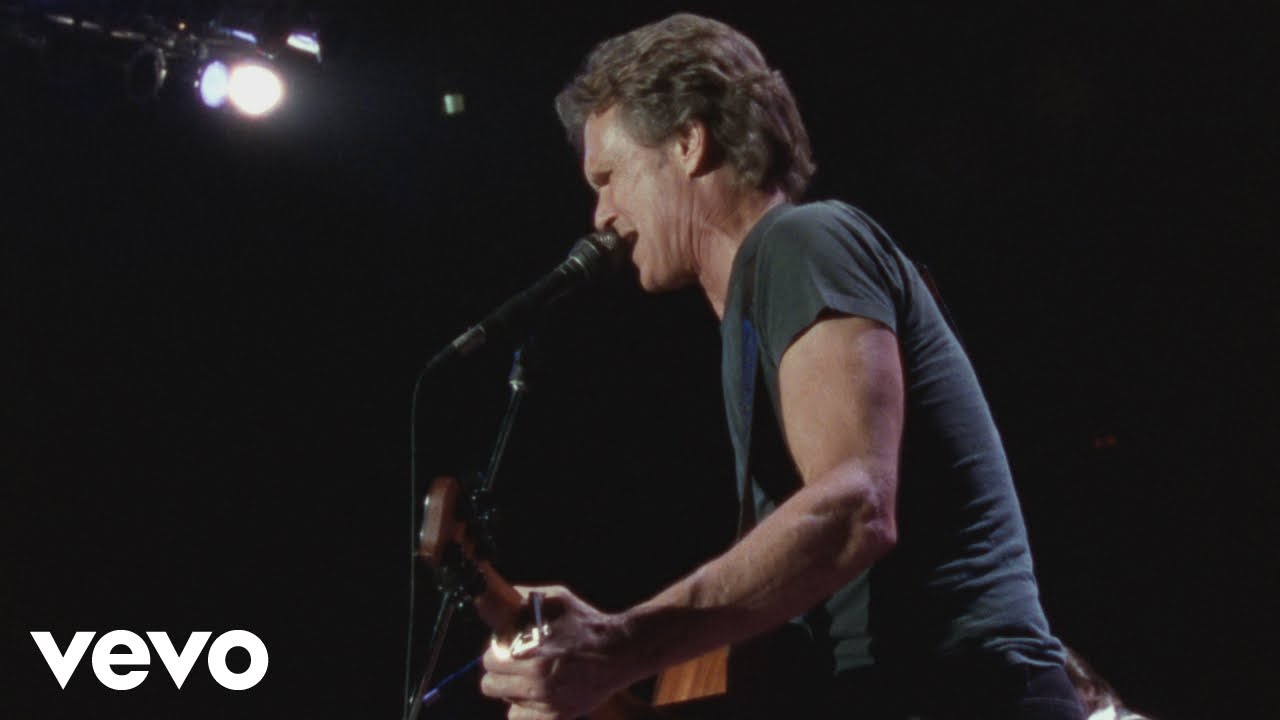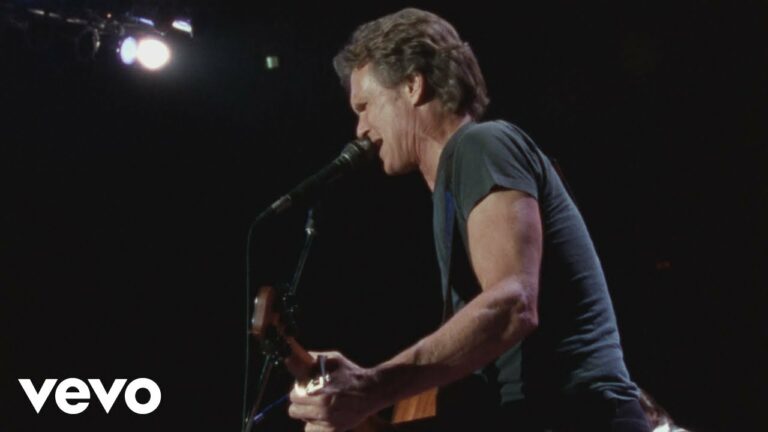
About the song
Kris Kristofferson’s “Best of All Possible Worlds”. Now that’s a song that takes you on a dusty, ramshackle journey through the underbelly of a small town. Released in 1970 on Kristofferson’s self-titled debut album, it perfectly encapsulates the grit and disillusionment that became a hallmark of his early work.
---> Scroll down for the VIDEO
Kristofferson, a Rhodes scholar turned Nashville songwriter, brought a literary sensibility and a outsider’s perspective to country music. “Best of All Possible Worlds” doesn’t shy away from the harsh realities of life on the fringes. It’s a world where dreams curdle in cheap liquor, and redemption seems perpetually out of reach.
The song opens with our narrator, a down-on-his-luck drifter, languishing in a jail cell. The details are masterfully sparse: a sore hip, a nagging sense of something being “wrong again,” and a yearning for a “wine-only girl” – a hint of past trouble and a fleeting escape.
---> Scroll down for the VIDEO
This sets the stage for a sardonic encounter with the jailer, a figure who embodies the town’s moral ambiguity. He offers not freedom, but a twisted form of indulgence – cheap, potent booze that feeds the cycle of despair.
“Best of All Possible Worlds” is a masterclass in understatement. Kristofferson’s world-weary baritone delivers the lyrics with a dry wit, even as they paint a bleak picture. The deceptively simple guitar work, reminiscent of ragtime blues, underscores the narrator’s resignation. There’s a sense of acceptance in his declaration, “I’ve enjoyed about as much of it as I can stand,” a bitter acknowledgement of his complicity in his own misfortune.
But there’s a flicker of defiance too. When the townspeople express concern for his “help,” the narrator scoffs. He’s a man who’s learned to navigate the dark corners, and perhaps finds a perverse solace in his self-destruction. The final line, “I need this town of yours more than I ever needed anything else,” hangs heavy with a twisted kind of loyalty. Is it love for this place that keeps him trapped, or a fear of facing the unknown outside its borders?
